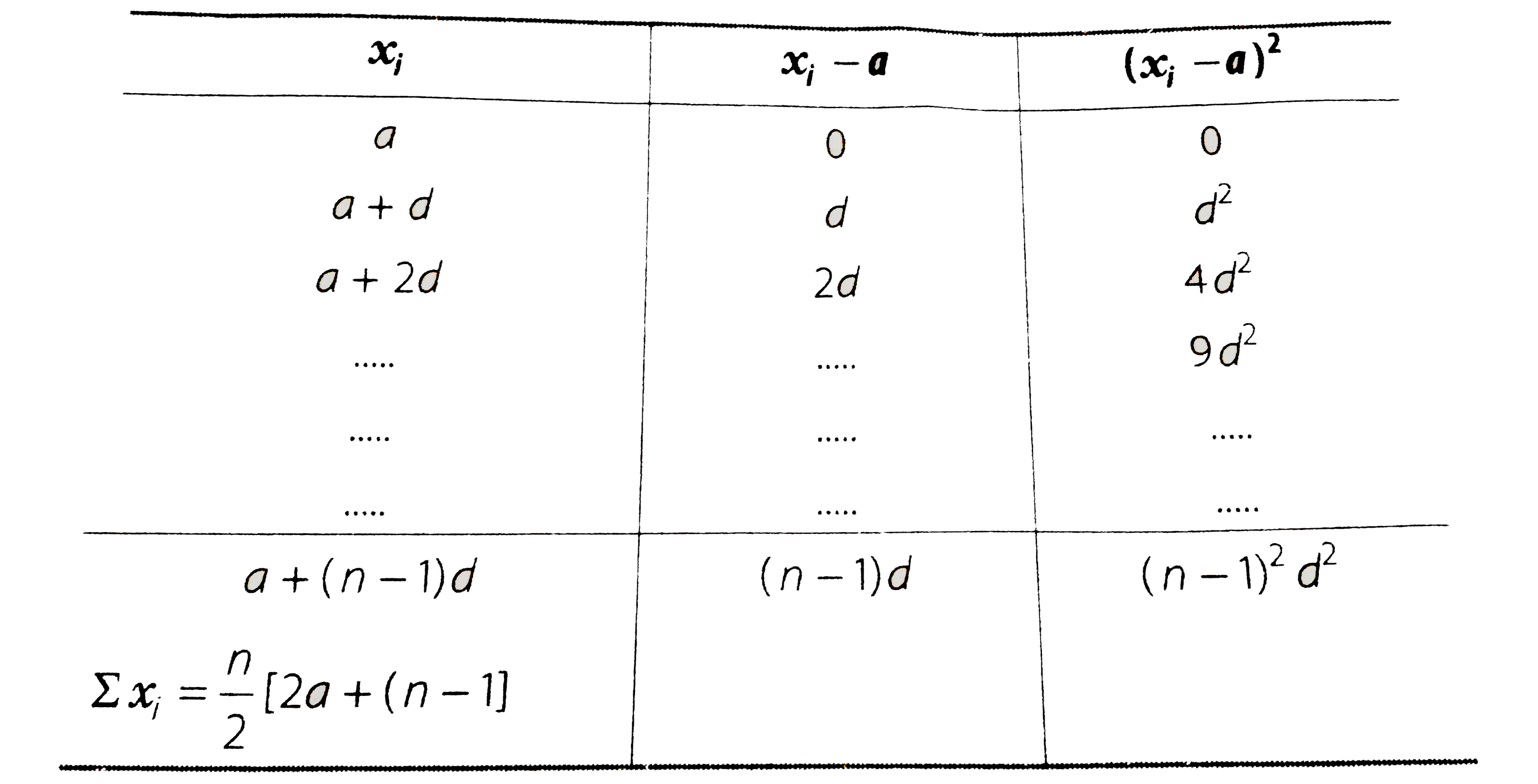Sum of first n terms of an A.P. whose last term is
l and common difference is d, is
n2[l+(n−1)d]
n2[l−(n−1)d]
n2[2l+(n−1)d]
n2[2l−(n−1)d]
The correct Answer is:4
Step by step video & image solution for Sum of first n terms of an A.P. whose last term is l and common difference is d, is by Maths experts to help you in doubts & scoring excellent marks in Class 12 exams.
Updated on:21/07/2023Topper's Solved these Questions
- SEQUENCES AND SERIES BOOK - AAKASH INSTITUTE ENGLISHCHAPTER - SEQUENCES AND SERIES EXERCISE - Assignment (SECTION - B) One option is correct
49 Videos
- SEQUENCES AND SERIES BOOK - AAKASH INSTITUTE ENGLISHCHAPTER - SEQUENCES AND SERIES EXERCISE - Assignment (SECTION - C) More than one option are correct
11 Videos
- SEQUENCES AND SERIES BOOK - AAKASH INSTITUTE ENGLISHCHAPTER - SEQUENCES AND SERIES EXERCISE - Try Yourself
87 Videos
- RELATIONS AND FUNCTIONS BOOK - AAKASH INSTITUTE ENGLISHCHAPTER - RELATIONS AND FUNCTIONS EXERCISE - Assignment (Section - J) Aakash Challengers Questions
8 Videos
- SETS BOOK - AAKASH INSTITUTE ENGLISHCHAPTER - SETS EXERCISE - SECTION-I(Aakash Challengers Questions)
4 Videos
Similar Questions
Knowledge Check
If'there are 15 terms in an A.P. whose first term is √2 and common difference is 2√2, then the last term is:
A31√2B30√2C29√2D28√2
Determin mean and standard deviation of first n terms of an AP whose first term is a and common difference is d.

View SolutionThe sum of the first n terms of an AP whose first term is 8 and the common difference is 20 is equal to the sum of first 2n terms of another AP whose first term is −30 and the common difference is 8. Find n.
View SolutionThe first four terms of an A.P. whose first term is -2 and the common difference is -2 are
View SolutionIf Sn denote the sum to n terms of an A.P. whose
first term is a and common differnece is d , then
Sn−2Sn−1+Sn−2 is equal to
View SolutionLet Sn denote the sum of n terms of an AP whose first term is a. If common difference d is given by d=Sn−kSn−1+Sn−2 , then k is :
View SolutionLet Sn denote the sum of n terms of an AP whose first term is a. If common difference d is given by d=Sn−kSn−1+Sn−2 , then k is :
View SolutionLet Sn denote the sum of n terms of an AP whose first term is a. If common difference d is given by d=Sn−kSn−1+Sn−2 , then k is :
View Solution
